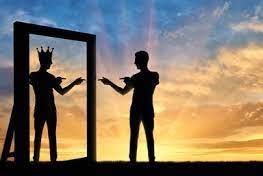When I first came across “narcissism hacker” Dr. Nathalie Martinek, a lot about the state of our world has started to click into place. I began to understand just how much certain patterns of human b…
Keep reading with a 7-day free trial
Subscribe to Random Minds by Katherine Brodsky to keep reading this post and get 7 days of free access to the full post archives.



